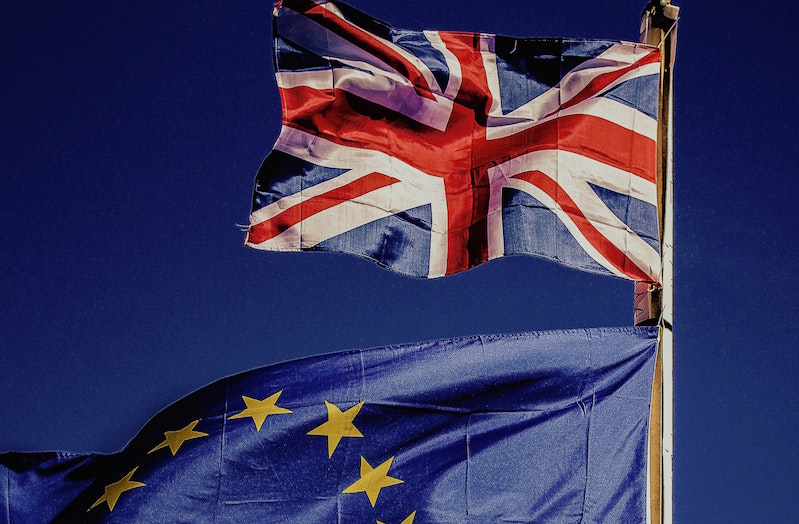Posted on: 20 May 2020
EU trade policy is likely to receive considerable attention over the next few months, as the EU negotiates its future trading relationship with the UK.
The UK formally left the EU on 31 January 2020. It is currently in a transition period, which is scheduled to expire on 31 December 2020. There is a possibility that the transition period could be extended by a single period of up to one or two years beyond 31 December 2020, provided that this extension is agreed before 1 July 2020. However, given the UK Government’s current resistance to an extension, an extension currently appears unlikely.
During the transition period, trade between the UK and the EU continues to take place on the same terms as prior to the UK’s exit. For example, UK goods have full tariff-free access to the EU market and vice-versa.
However, unless the UK and the EU reach an agreement on the future terms on which trade between them will take place before the end of the transition period, trade between the UK and the EU will take place on ‘WTO Rules’ following the end of the transition period.
A switch to ‘WTO rules’ could have significant effects. Some potential changes have been widely discussed. For example, tariffs could be introduced on UK goods exported to the EU, UK service suppliers might be unable to sell on a cross-border basis to the EU, and the reintroduction of customs checks could lead to delays which could hinder both manufacturers reliant on complex supply-chains and retailers reliant on ‘just-in-time’ deliveries.
Other changes are less obvious but also significant. For example, companies may be required to go through an additional conformity check in order to sell their products in both the UK and the EU, and UK exporters could find their product targeted by EU anti-dumping duties.
If negotiations on future relationship lead to an agreement on the future terms of trade, then future trade will take place under those rules, rather than WTO rules (other than in situations where the parties have not reached an agreement on a topic which is governed by WTO rules). However, even if an agreement is reached, it is still likely that there will be substantial changes to the current rules.
By opening negotiations for a free trade agreement (FTA) with the USA on 5 May 2020, the UK Government has confirmed its intention to have a trade policy which is independent of the EU, which precludes the possibility of the UK continuing to be a member of the European Customs Union. In addition, the UK Government’s position – outlined in its negotiating policy paper published on 27 February 2020 – is that it will not agree to obligations for the UK’s laws to be aligned to EU laws on an ongoing basis and will not accept any EU institution, including the Court of Justice of the European Union, having jurisdiction in the UK.
This means that it is almost certain that the UK will no longer be a part of the European single market, as this would require the UK to adhere to EU legislation underpinning the ‘four freedoms’ of free movement of goods, services, capital and labour which make up the European single market. Instead, it is likely that, if agreement on the future trading relationship is reached, this agreement will bear resemblance to recent FTAs agreed between the EU and third countries such as Japan and Canada.
As the outcome of the negotiations will result in significant changes for business, it is instructive to understand recent EU trade policy on FTAs, and how these are unlikely to impact on the unfolding negotiations.
Read the full briefing here.




